Have you ever wondered why some people find it difficult to resist the allure of gambling? What is it that makes this activity captivating, yet potentially destructive? Let us explore what is gambling addiction, symptoms of gambling addiction, what causes gambling addiction, gambling addiction triggers and treatment for gambling addiction.
Whether you’re curious about the topic or seeking help for yourself or a loved one, this comprehensive guide aims to shed light on the complexities of gambling addiction and provide valuable insights into its nature.
What is Gambling Addiction?
Gambling addiction, also known as compulsive gambling or problem gambling, is a condition characterized by an uncontrollable urge to gamble despite negative consequences.
It goes beyond occasional betting or playing games of chance, evolving into a compulsive behavior that disrupts various aspects of an individual’s life. Gambling addiction is recognized as a mental health disorder, and its impact can be devastating, affecting relationships, finances, and overall well-being.
Related: The Benefits Of Quitting Alcohol For Good: 7 Ways Your Life Changes For The Better
Symptoms of Gambling Addiction
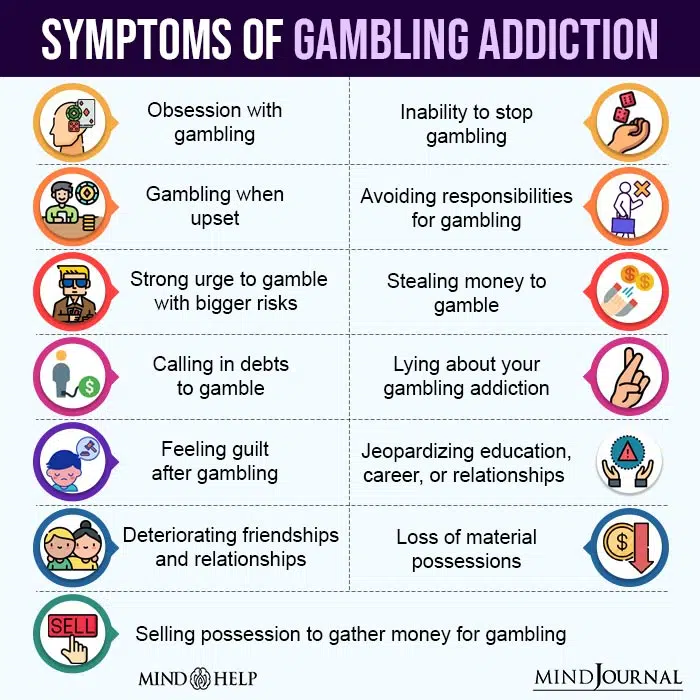
Identifying the symptoms of gambling addiction is essential for early intervention & support. Here are some common symptoms:
1. Preoccupation with Gambling
A person with a gambling addiction may constantly think about gambling, planning their next session, or strategizing ways to obtain money for gambling.
2. Increasing Bet Amounts
Over time, the individual may need to place larger bets to experience the same level of excitement or achieve the desired “high.”
3. Inability to Stop
Despite repeated attempts to quit or reduce gambling, the person finds it extremely challenging to control or cease their gambling behavior.
4. Restlessness and Irritability
Feelings of restlessness or irritability may arise when attempting to cut back on or stop gambling.
5. Chasing Losses
A common characteristic of gambling addiction is the compulsion to chase losses by betting more in an attempt to recoup previous losses.
6. Neglecting Responsibilities
Gambling addiction can lead to neglecting work, studies, family obligations, or other important aspects of life due to an overwhelming focus on gambling.
7. Financial Strain
Excessive gambling often results in severe financial difficulties, including debt, borrowing money, or selling possessions.
8. Emotional Distress
Gambling addiction can contribute to anxiety, depression, guilt, shame, and other emotional challenges.
9. Lying and Deception
Individuals with a gambling addiction may resort to dishonesty, lying to loved ones about their gambling habits or concealing the extent of their losses.
To better understand what is gambling addiction, we need to understand the factors that may contribute to its development.
What Causes Gambling Addiction?
While addiction is a complex issue with no singular cause, several key factors can increase the risk:
1. Biological Factors
Some individuals may have a genetic predisposition to addictive behaviors, including gambling addiction. Studies suggest that certain genetic variations can make some people more susceptible to developing an addiction.
2. Psychological Factors
Underlying psychological conditions, such as depression, anxiety, or personality disorders, can contribute to gambling addiction. Gambling may provide a temporary escape or a way to cope with emotional distress.
3. Environmental Factors
Growing up in an environment where gambling is prevalent or being exposed to family members or peers with gambling problems can influence an individual’s likelihood of developing an addiction.
4. Reinforcement and Conditioning
The brain’s reward system plays a significant role in gambling addiction. The anticipation of winning triggers the release of dopamine, a neurotransmitter associated with pleasure and reward. This reinforcement can create a cycle of craving and compulsive behavior.
5. Availability and Accessibility
Easy access to gambling activities, whether in physical locations or online platforms, increases the likelihood of developing an addiction. The convenience and anonymity of online gambling can be particularly problematic, as it facilitates continuous engagement.
Related: 5 Signs You’re Addicted To Toxic Relationships
Gambling Addiction Triggers
Knowing gambling addiction triggers is essential for understanding what is gambling addiction and for prevention and intervention.
Various triggers can fuel the progression of gambling addiction. Understanding these triggers can help individuals develop strategies to minimize their impact. Here are some common triggers:
1. Emotional Distress
Stress, anxiety, depression, loneliness, or boredom can drive individuals to seek solace or excitement in gambling activities.
2. Financial Windfalls or Losses
Both positive and negative financial events can trigger gambling behavior. Winning a large sum of money may create a false belief in one’s ability to consistently win, while financial losses may lead to increased gambling in an attempt to recoup the money.
3. Social Pressure
Peer influence or societal norms that promote gambling as a form of entertainment can contribute to addiction. Socializing in environments where gambling is prevalent, such as casinos or poker nights, can encourage excessive participation.
4. High-Intensity Environments
The fast-paced and stimulating atmosphere of casinos, online gambling sites, or sports betting venues can intensify the desire to gamble.
5. Advertising and Media Influence
Aggressive marketing campaigns by gambling companies, celebrity endorsements, and media portrayals of gambling as glamorous and lucrative can trigger curiosity and desire to engage in gambling activities.
Treatment for Gambling Addiction
Recovery from gambling addiction is possible with the right support and treatment. Here are some effective approaches:
1. Therapy and Counseling
Cognitive-behavioral therapy (CBT) is commonly used to address gambling addiction. It assists individuals in recognizing and altering negative thought patterns and habits associated with gambling.
Therapy sessions may also focus on developing healthier coping mechanisms and improving problem-solving skills.
2. Support Groups
Joining support groups, such as Gamblers Anonymous, provides individuals with a sense of community and understanding. Sharing experiences, challenges, and strategies with others who have faced similar struggles can be empowering.
3. Financial Counseling
Managing the consequences of gambling-related financial problems is essential. Financial counseling can help individuals create a budget, develop a repayment plan, and rebuild their financial stability.
4. Medication
Medication may be prescribed in certain situations to treat concurrent mental health conditions like depression or anxiety, often associated with gambling addiction.
5. Self-Help Strategies
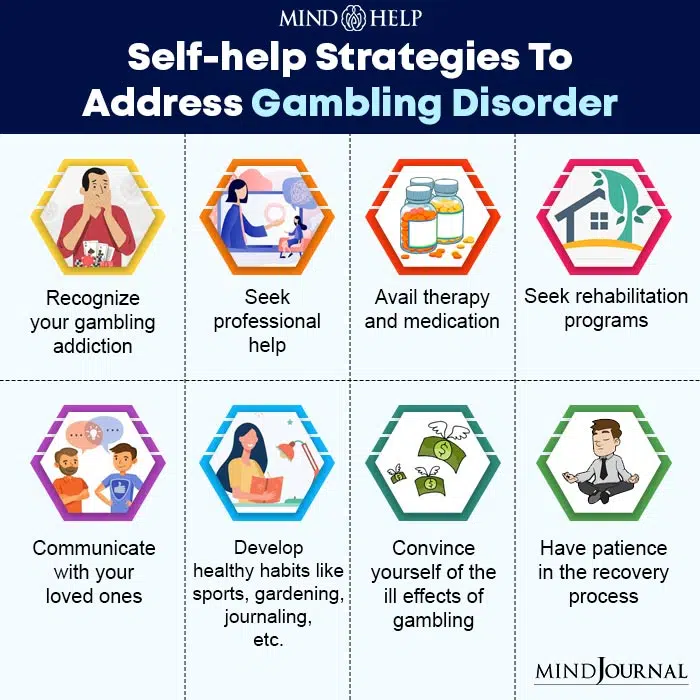
Engaging in self-help strategies can complement formal treatment approaches. This may include setting financial limits, avoiding triggering environments, finding alternative hobbies, and seeking social support from non-gambling friends and family members.
6. Family Therapy
Involving family members in the treatment process can help repair relationships, rebuild trust, and provide a supportive environment for recovery.
Takeaway
So what is gambling addiction? Gambling addiction is a serious condition that can have profound effects on individuals and their loved ones. Recognizing the signs and understanding the underlying causes and triggers are crucial steps in addressing this issue.
Seeking professional help and support is essential for overcoming gambling addiction and reclaiming control over one’s life.
Remember, recovery is possible, and with the right strategies and support, individuals can break free from the grip of gambling addiction, leading to a healthier and more fulfilling future.
Related: 5 Warning Signs Your Teenager Is Using Drugs
Frequently Asked Questions (FAQs):
How do I stop my addiction to gambling?
To overcome a gambling addiction, consider seeking professional assistance, participating in support groups, controlling financial access, exploring healthier interests, and establishing a reliable support system.
What are the signs of a gambling addiction?
Indications of a gambling addiction encompass an obsession with gambling, the inability to cease, deception regarding gambling, financial turmoil, and neglecting commitments and relationships.
Is gambling a mental illness?
Gambling disorder is recognized as a behavioral addiction in the Diagnostic and Statistical Manual of Mental Disorders (DSM-5) but not a mental illness in the traditional sense.
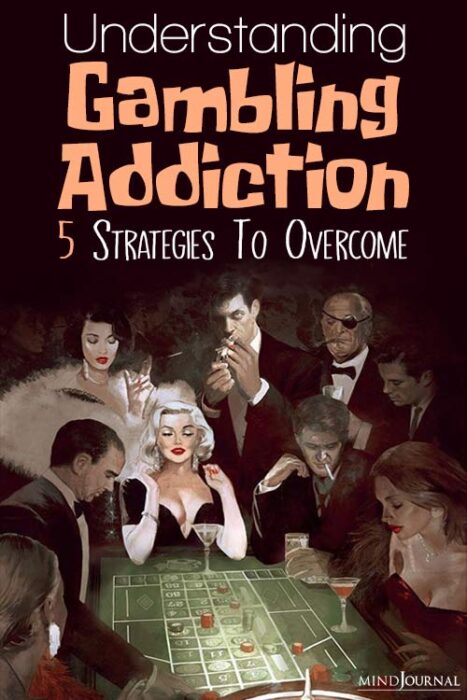
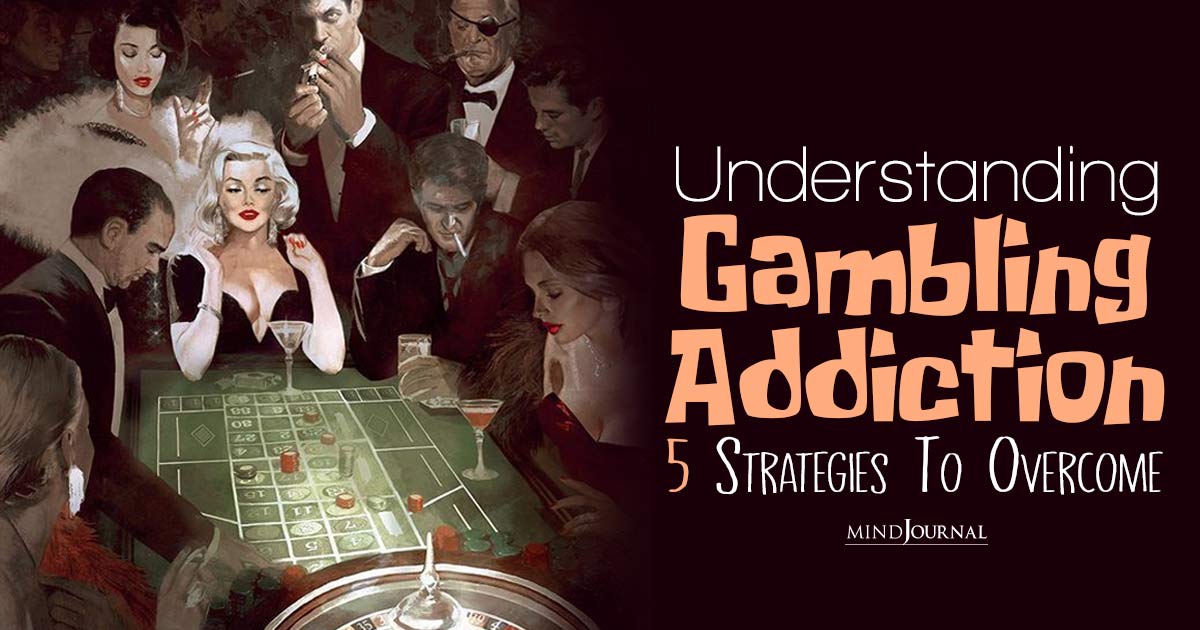
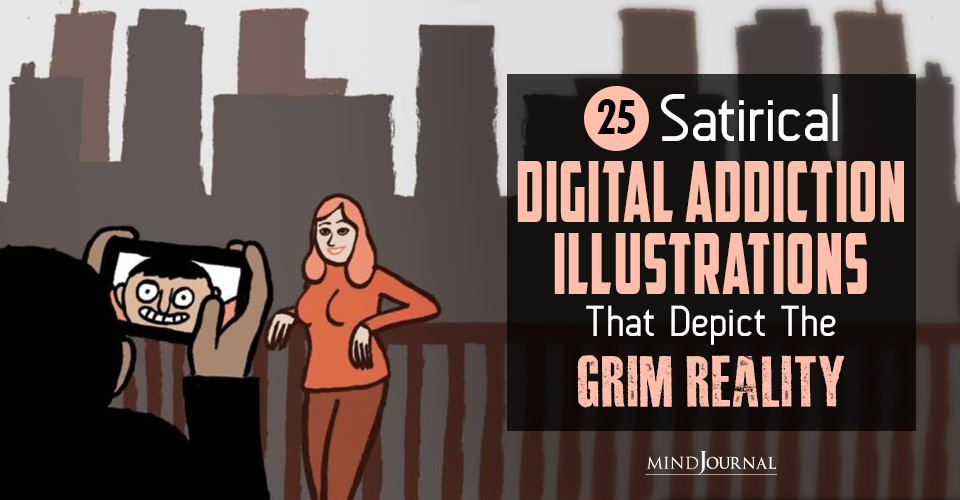
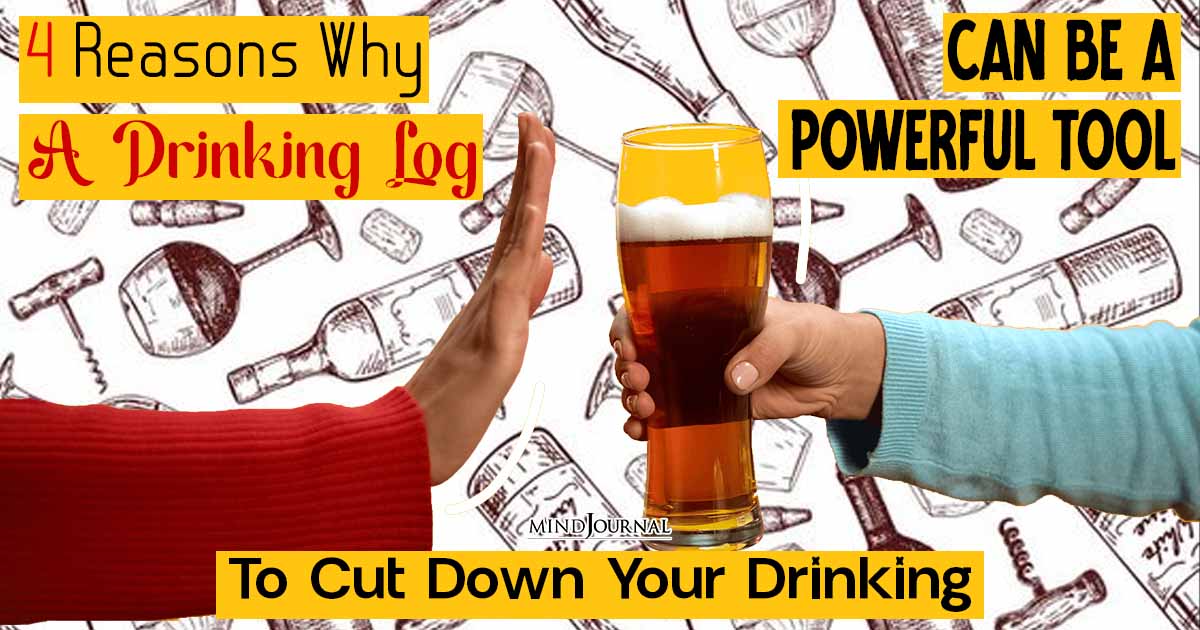
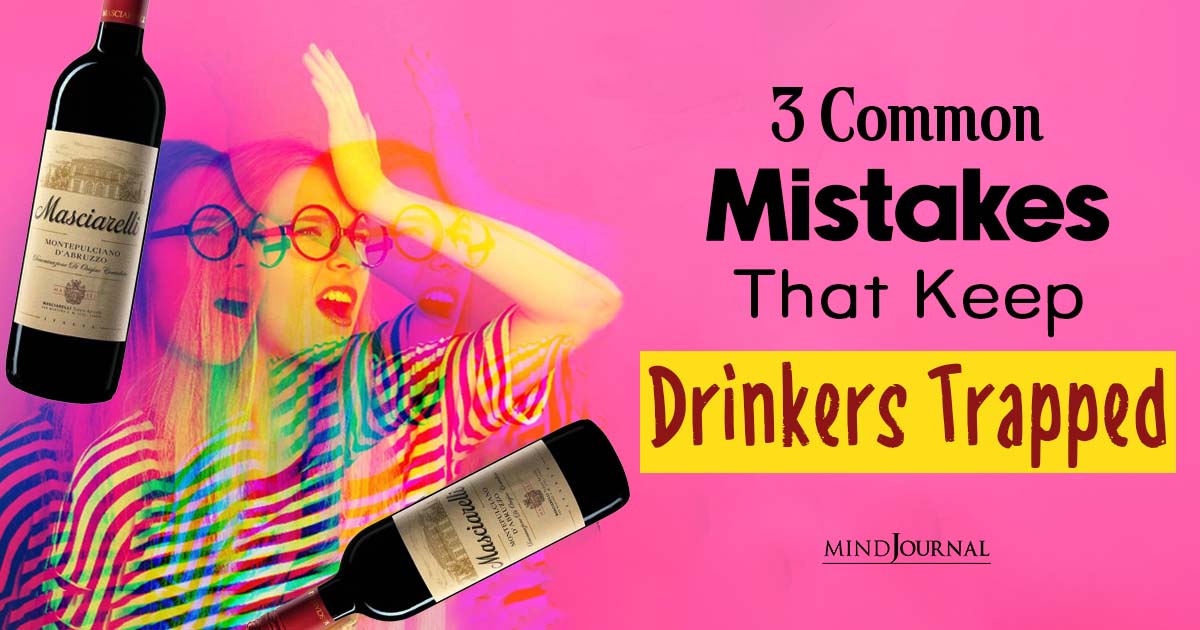
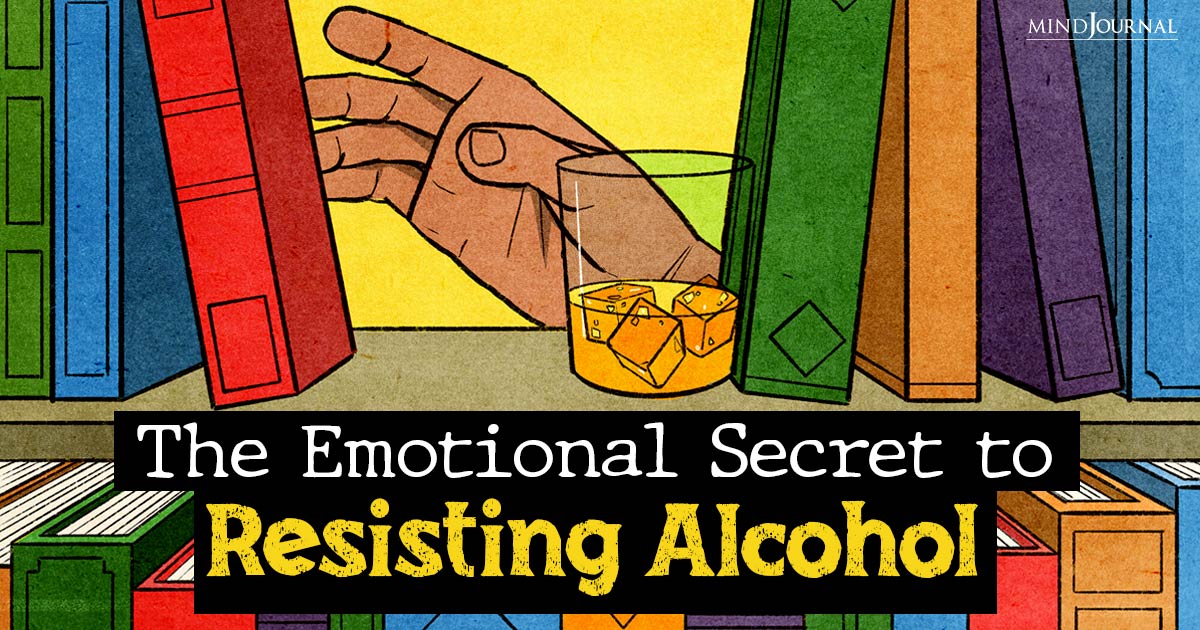
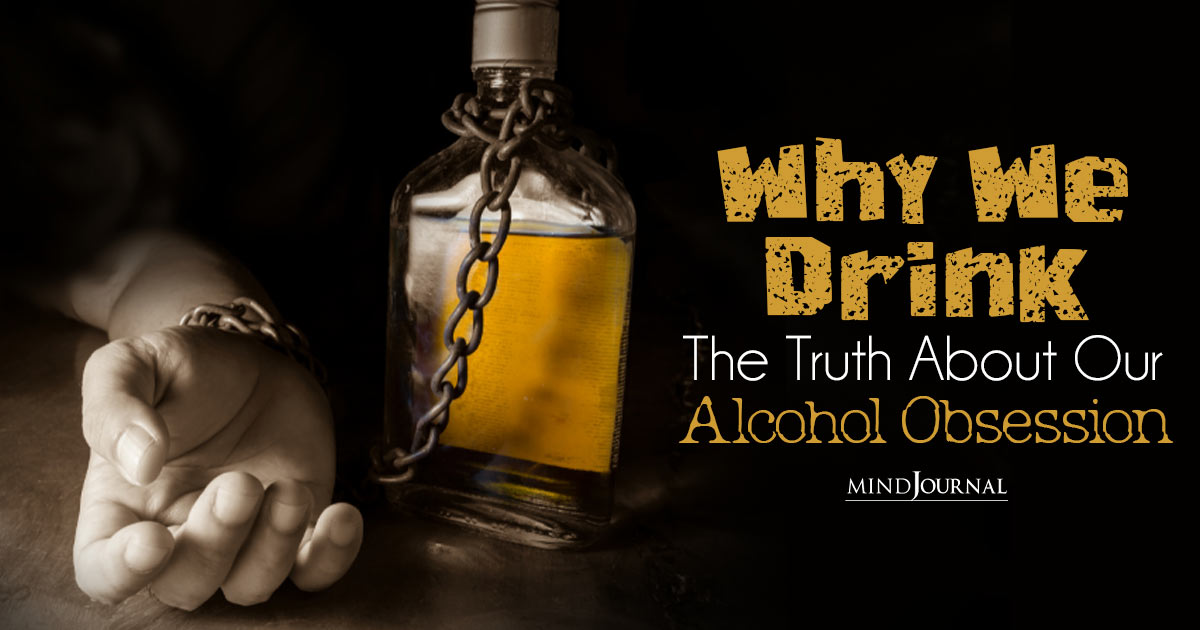
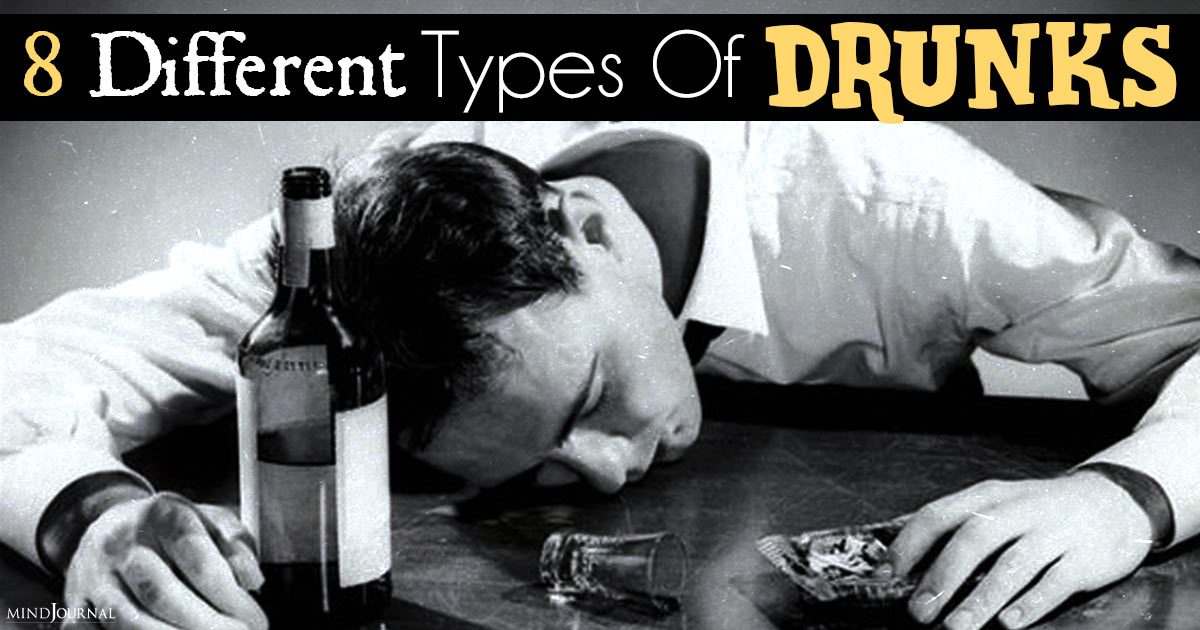
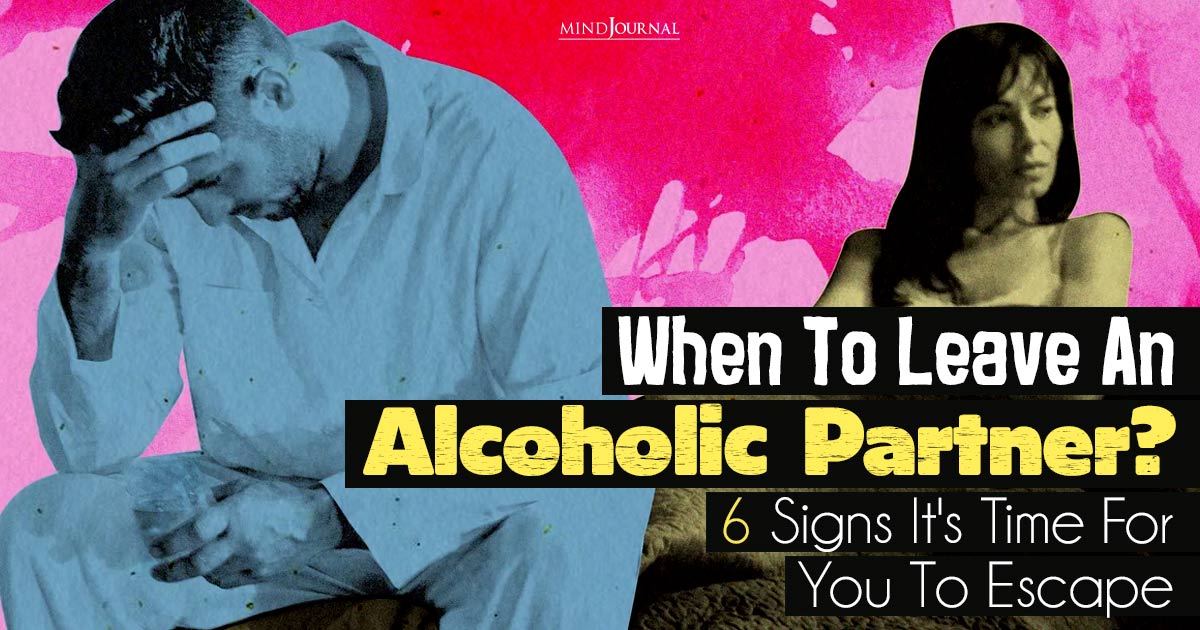
Leave a Reply
You must be logged in to post a comment.